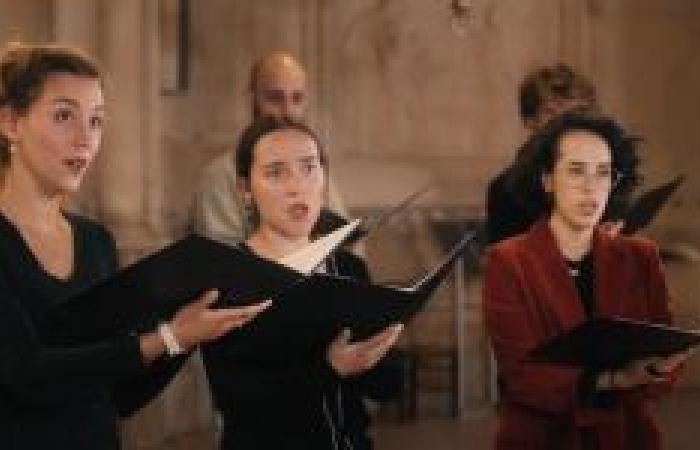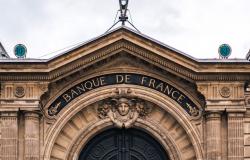While she defended her ministry’s 2025 budget before the Senate Culture Committee on Tuesday, Rachida Dati reiterated her proposal to charge entry to Notre-Dame de Paris in a little more detail.
Before the senators of the Culture Committee, Rachida Dati renewed her desire to put in place a “tariff for the entrance to Notre Dame (which) could release 75 million euros to finance the restoration of the entire heritage religious in the region”, without specifying whether she envisaged this measure as permanent or temporary. The minister tried to imagine in front of the members of the upper house how it could be implemented: “If the diocese (of Paris, Editor’s note) agrees”, this paid entry could be collected by the Center of National Monuments (CMN) to be redistributed to the diocese and the territories. Asked whether projects which were not managed by the CMN could not benefit from this windfall, the minister replied that details would be provided and indicated that she had also thought of the diocese of Paris to collect.
The law of 1905
At the end of October, after the surprise announcement made by Rachida Dati in an interview with Figarothe diocese had nevertheless insisted on the principle of “free entry into churches and cathedrals”, defended by the Church in France, while Notre-Dame de Paris is among the most visited buildings in Europe, with 13 million visitors per year before the fire of April 2019 and nearly 15 million expected in 2025.
This idea of paying entry to Notre-Dame de Paris nevertheless comes up against the law of separation of Church and State. “We don’t need to call into question the 1905 law to be able to recover funds,” said the Minister. “We have to be innovative, otherwise we’ll put taxes everywhere and close the shop.” Article 17 of the law of 1905, however, provides regarding churches and cathedrals classified as historic monuments that: “the visit to the buildings and the exhibition of classified movable objects will be public: they cannot give rise to any tax or fee .” In other words, entering Notre-Dame de Paris, dedicated to Catholic worship, must be free. This provision of the 1905 law does not, however, prevent payment for certain parts of these sanctuaries not allocated to worship stricto-sensu. This was the case with the towers of Notre-Dame before the fire.
The Small Churches Fund
During her hearing, the Minister of Culture also announced that she wanted to make more concrete the use of the money collected by the subscription launched by Emmanuel Macron in 2023 to help small towns preserve their religious buildings in danger. It initially aimed to raise 200 million euros in four years. At the beginning of September, barely 12 million had been collected.
Rachida Dati also, and above all, took advantage of this hearing to announce the tabling of a government amendment proposing an additional 300 million euros for heritage. If it were adopted by Parliament, this sum would be added to the 1.2 billion euros that heritage represents in a Culture budget (4.45 billion euros) provided for in the finance bill. “In an exceptional situation, an exceptional response,” she justified, referring to the “alarming” state of the heritage. According to her, 20% of the 45,000 historic monuments in France are in “poor condition” and 5% of them (2,000) are even “in danger” and “at risk of disappearing”.







